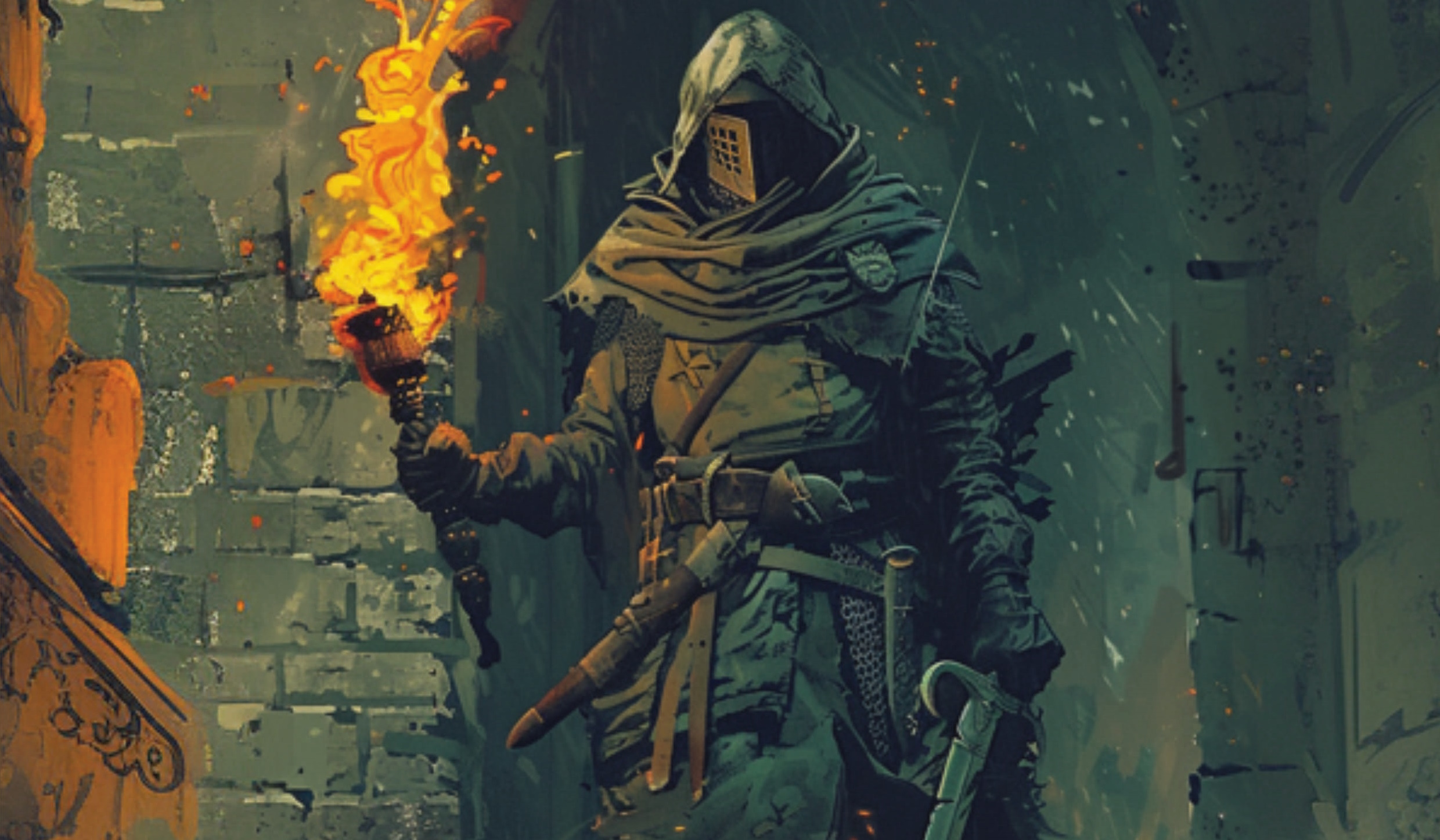Secret dice rolls
When I remember correctly I’ve always rolled behind the GM screen when I was running a game. My first GM did the same, as did most GMs I met in my life. Recently I had a talk on Skype with Philippe-Antoine Ménard and he mentioned that his rolls as a GM are always in the open.
That got me thinking. Why do we roll in secret? Probably because we want to fudge the rolls. I guess that most GMs will fudge rolls in the players’ favor when things go rough. That’s at least what I do. But I also understand that this can cause some strange situations. Imagine a fight that’s turning bad for the characters. And suddenly the attacker start to miss, horribly fumble their rolls or suddenly fail their morale test and run. This may very well break immersion. For some players the sense of disbelief goes out of the window then. And that’s something any GM should avoid, at least in my opinion.
For Philippe’s group it’s perfectly normal that he rolls openly. There a trust between players and GM and when things go bad, the GM knows that he did mess up the balance of the encounter. In a game where you roll secretly as a GM things often go out of hand, but since nobody notices when you fudge the rolls, you get away with it. There’s no way to improve your GMing skills that way – at least not that aspect of the game.
Another interesting point: we expect players not to fudge rolls, when they lie to the GM about what they rolled, things usually go downhill fast. But lying about what they rolled is accepted or even encouraged when GMs are concerned. And this may lead to a real problem at the game table. When a player fails a roll, he knows it was because of the dice. When the GM tells that one of the NPCs failed (or succeeded) at any task, players tend to think this didn’t happen because of the dice but because of the GM. That makes it harder for the GM to act as some kind of neutral arbitrator.
I think in my next game I will try to do all rolls in the open. I am sure this will be a new experience for me and my players. But I think it actually might improve the game. So, how do you handle rolls as a GM? Do you roll in the open, or do you prefer to have the ability to fudge rolls behind the GM screen?
P.S.: I want to thank Philippe aka ChattyDM for inspiring me to write this post! Thanks!



22 comments